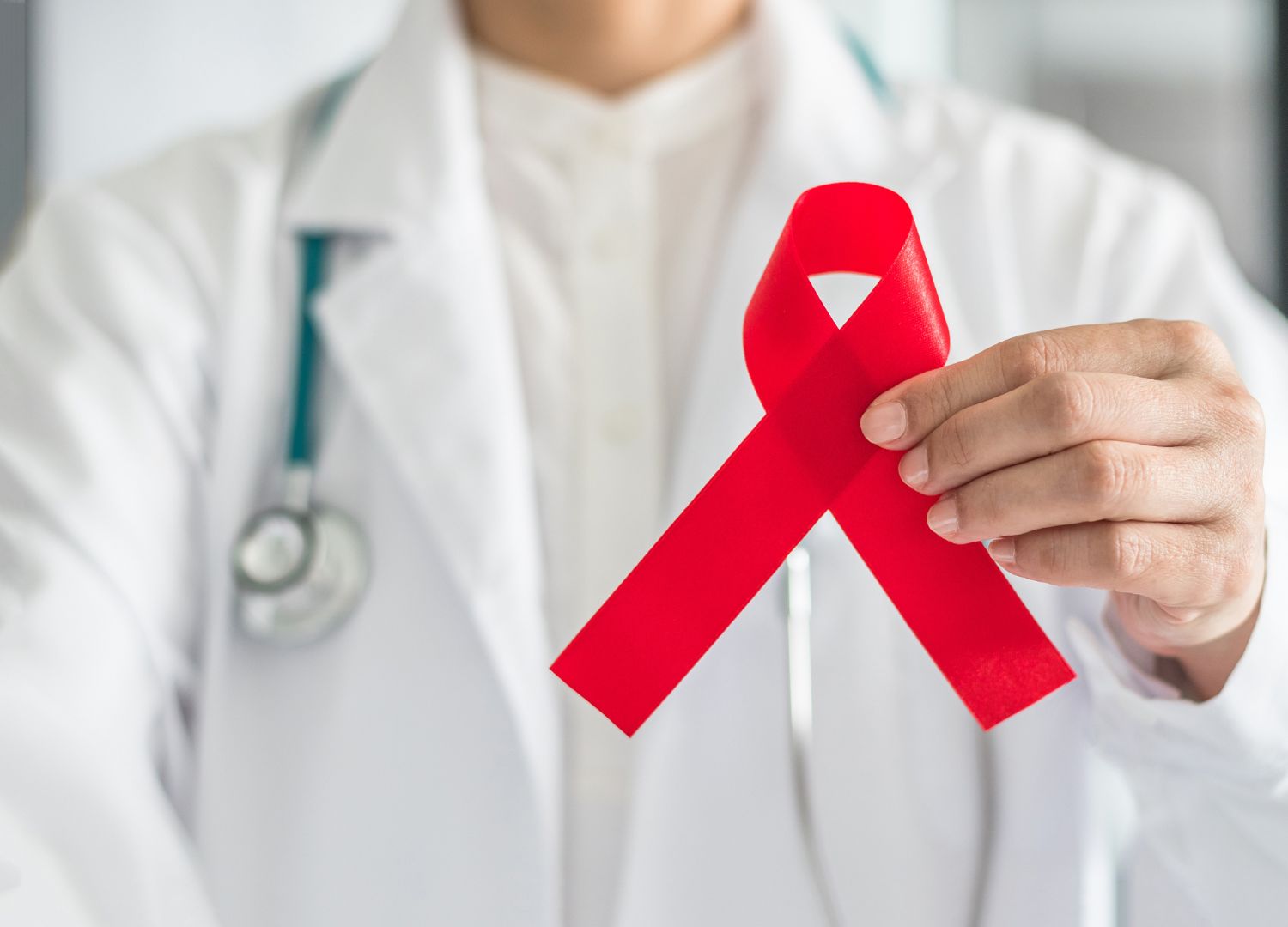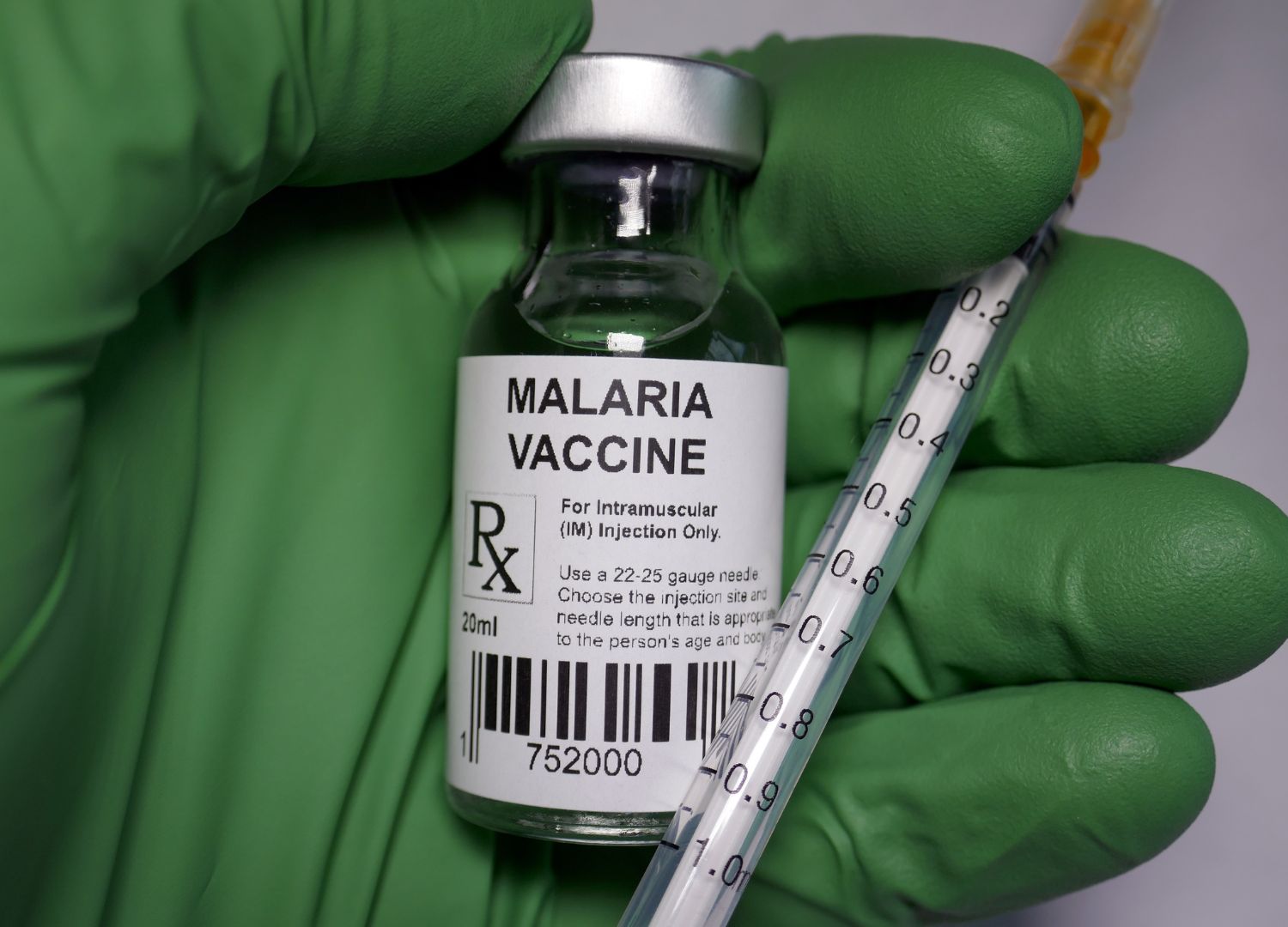Question: Is it safe to receive COVID vaccines that contain messenger RNA (mRNA)?
Answer: Yes. The first two vaccines “out of the gate” in the U.S. were developed by Pfizer/Biontech and Moderna. They both contain mRNA and underwent rigorous scrutiny in clinical trials before receiving Emergency Use Authorization.
How do COVID mRNA vaccines work?
The two available COVID mRNA vaccines instruct cells to produce spike protein which is what the COVID virus needs to invade cells. When the body’s immune cells see the produced spike protein, they recognize it as foreign and produce antibodies to attack it. These antibodies against spike protein are what protect the individual should they become exposed to COVID virus later on. Importantly, mRNA does not hang around in the body indefinitely. Rather, it is degraded by the body once it has delivered its instructions to cells.
What do we know about safety of the available COVID mRNA vaccines?
In large clinical trials involving tens of thousands of volunteers, the vaccines were shown to be safe. The volunteers will be followed for up to 2 years. Information about long-term safety of all COVID vaccines will continue to be collected and made public in coming years. This is the same process that other drugs undergo.
Do all COVID vaccines contain mRNA?
No. Several vaccines in development, such as the ones by Janssen (Johnson and Johnson), do not contain mRNA. Instead, they contain inactivated components of the COVID virus. These vaccines are also undergoing standard evaluation to confirm their efficacy and safety before decisions can be made about their suitability for widespread use. A vaccine, made by AstraZeneca, produced efficacy in clinical trials that is lower than what has been seen with the mRNA vaccines.
COVID vaccines have given us new tools that should be embraced to accelerate the public health fight against COVID.
Join us at the next CUTICA Health CORONAVIRUS – Blackboard.









